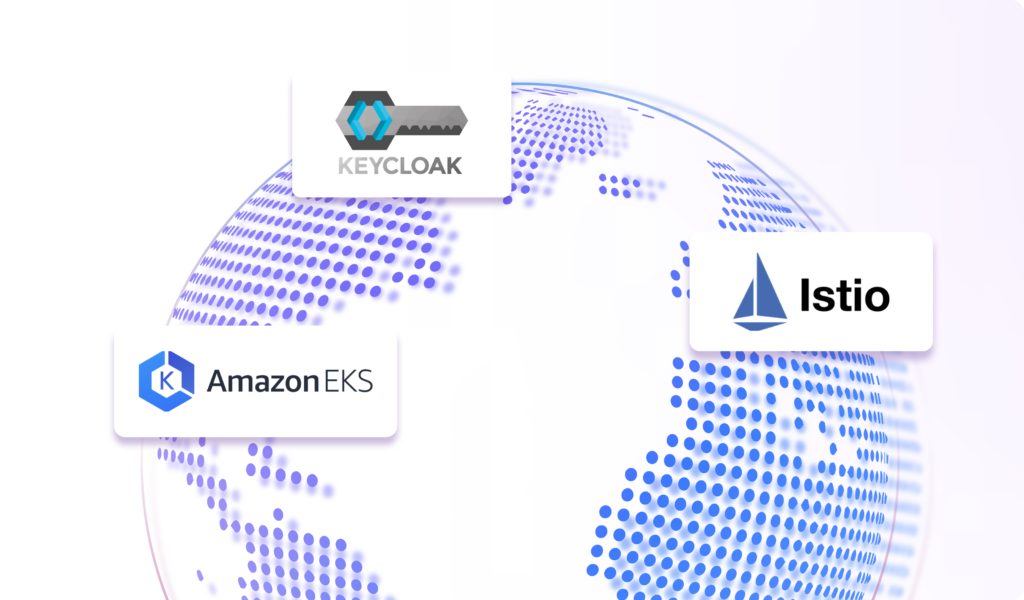The Importance of Disaster Recovery in Cloud Migration
14.07.2023
3 minues

Disaster recovery refers to an organization’s ability to quickly and effectively respond to and recover from a disruptive event that impacts its normal business operations. It involves implementing strategies and techniques that enable the organization to resume using critical systems and IT infrastructure as soon as possible after a disaster occurs.
Disaster recovery holds significant importance due to the potential damage that disasters can cause. Whether it’s a natural calamity like a hurricane or a minor network outage, the consequences can range from complete destruction of facilities to dissatisfied clients and financial losses for businesses.
The financial costs associated with disasters can be substantial. According to the Uptime Institute’s Annual Outage Analysis 2021 report, 40% of company outages or service interruptions cost between $100,000 and $1 million, with around 17% costing more than $1 million. Additionally, data breaches can be particularly expensive, with the average cost in 2020 being $3.86 million, according to IBM and the Ponemon Institute’s 2020 Cost of a Data Breach Report.
To showcase an AWS Partner’s expertise and focus on migration, it is essential to have public-facing materials such as blog posts, press articles, videos, and more. These materials should highlight the AWS Partner’s proficiency in migration and specifically mention the AWS services utilized in each example.
Having a robust disaster recovery plan and data backup strategy offers several benefits:
- Avoiding Disruptions and Safeguarding Information: In the face of increasing cyber threats, data loss can lead to significant financial and operational disruptions. Implementing data backup and recovery plans as preventive measures ensures business continuity during a disaster.
- Minimizing Downtime and Revenue Loss: Whether caused by a cyber attack or technological breakdown, data loss can disrupt business operations and result in revenue loss. A data backup strategy enables quick data recovery and minimizes downtime, allowing businesses to resume normal operations promptly.
- Maintaining Reputation and Customer Satisfaction: Downtime not only affects business operations but also has an impact on customer satisfaction and brand reputation. A backup and recovery plan with minimal downtime helps maintain a positive reputation and keeps customers satisfied.
- Retaining Customers and Avoiding Losses: Extended periods of downtime due to data loss increase the likelihood of customers seeking alternative goods and services from competitors. By swiftly recovering critical information, businesses can continue serving their customers and prevent revenue loss.
IT disruptions can be financially burdensome for businesses, leading to reduced productivity, idle workers, and revenue losses. The following statistics highlight the impact of IT disruptions:
- 54% of companies have experienced prolonged downtime.
- 40%-60% of small businesses never reopen after a disaster.
- 90% of businesses fail if they don’t reopen quickly enough.
- Downtime costs range from $10,000 to $5 million per hour.
- 28% of companies have recently experienced data loss.
- 19% of businesses have encountered security breaches.
- 43% of data breaches involve small businesses.
- 34% of breaches involve internal actors.
- 45% of companies report downtime due to hardware failure.
- Natural disasters account for 5% of disruptions.
- Downtime costs from ransomware have increased by 200%.
- 93% of companies go bankrupt after prolonged data loss.
- 70% of small companies believe any data loss event could harm their business.
- 43% of companies experiencing significant data loss go out of business without a disaster recovery plan.
- 96% of companies with a disaster recovery solution fully recover their operations.
In summary, a disaster recovery strategy is crucial for safeguarding data, ensuring business continuity













